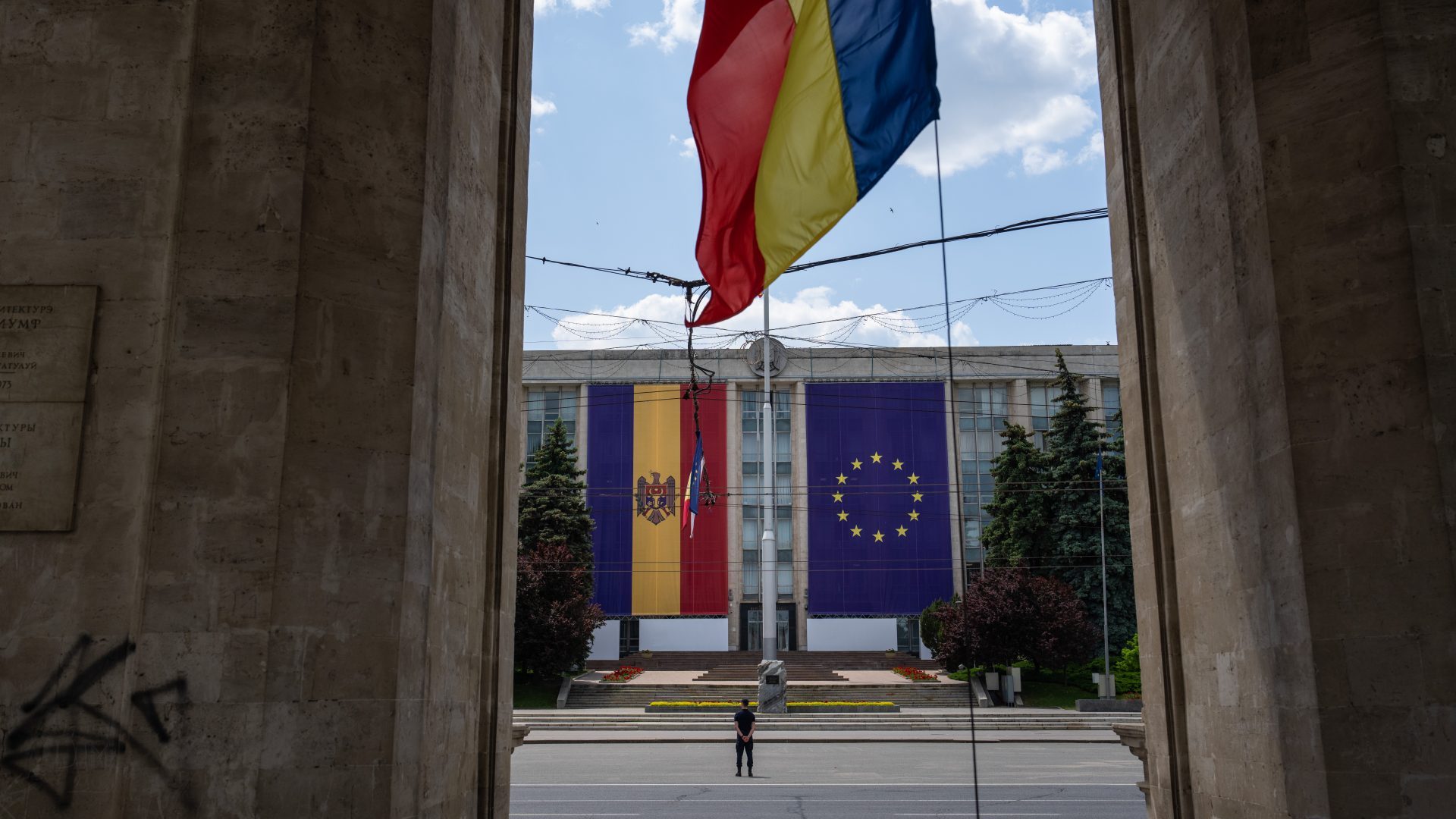Moldova may be a small country, but we are facing momentous decisions in October – decisions that could shape our future as a stronger democracy within a stronger and more secure European Union.
On October 20th voters will choose their president. On that same day they will also decide whether to embed in our constitution their desire to join the EU.
This is a key moment for the future of our nation. To the west, Moldova borders Romania and the EU; to the east, we neighbour Ukraine, where Russia’s illegal war has brought heightened instability to the region.
Within our own borders, we are facing severe economic challenges. Moldova continues to be scarred by corruption. The current president and her government have not delivered on reforms they promised. Instead, they have delivered failure.
Our judiciary remains dysfunctional, dominated by political appointees, and used as a tool to target political opponents and critics in the criminal justice system.
As this goes on, we face continued threats from Russia, which seeks to undermine the rule of law in our institutions and exploit divisions within our society.
Now is the time to double down on our reforms and be bolder in our efforts to expose and root out corruption and the criminal networks that are trying – again – to undermine us. The job is not done.
Our allies share these concerns. We’ve benefitted from years of aid from our European and American friends, but data from the World Bank shows Moldova has made little progress.
The US alone has provided Moldova with $774m in financial aid since Russia’s invasion of Ukraine. Despite this, our economy is on the brink of collapse, people struggle to make ends meet and, most worryingly, we are witnessing yet another exodus of young people leaving our country.
I believe it is time to build a new alliance of support in Moldova. I believe we can transform our politics. I am a fighter. I exposed vast money laundering schemes used by Russian oligarchs through Moldova’s banks, nearly paying for it with my life.
My family was harassed. We were separated for eight years because of the dangers I faced from powerful oligarchs and criminal networks. Yet I led protests on our streets a decade ago to fight for reforms. That fight is not over.
Reform in our country has slowed to an intolerable pace. I am returning to politics because we need real change to build a stronger, growing economy; to make our courts more transparent and our institutions more resilient; to take us down the path of preparation for EU membership.
However, the government has forced this referendum on EU accession on the same day as the presidential election, and it is too soon. We must not rush into a decision on accession before we know the impact it will have on our country; our farmers, our wine industry, our young people.
The EU is good for Moldova – but Moldova is also good for the EU, and we must remember this. Access to the single market offers huge potential, and we want the opportunity and institutional progress that EU membership could bring. But adapting to EU standards and regulations will likely lead to increased costs of production, possibly job losses. We must make sure we are truly ready.
Our future lies within the European Union. But we’ve seen other nations decide on their future within or outside it before they understood what life would be like, and we’ve learned from that. We’ve learned from the UK’s decision to leave. We’ve learned from Croatia’s decision to join.
There is another complex question that needs addressing: what happens with Transnistria, the restive region in our east, which has claimed independence? The EU is a single market without internal customs borders, and currently, Moldova does not control Transnistria. Russian soldiers are stationed there. Would Moldova need to establish customs checkpoints along the de facto border with Transnistria? Would a wall or other physical barrier be necessary? Such measures would imply creating a border within our nation.
My opponent was once my ally. I stepped aside so Maia Sandu could run for office and make sure a moderate voice could represent our country. But she has disappointed me and our country. She has become a divisive figure.
There is more to politics in Moldova than simply the anti- and pro-Russian parties. Painting a picture of them-and-us is divisive and, ultimately I believe, benefits the Moscow-backed candidates.
We need a leader who will unite our nation and represent all Moldovans, including the Russian speaking citizens in our country. We must not isolate them.
Andrei Năstase is former deputy prime minister of Moldova









